Legal with Leah: New low risk retail food license for direct marketers
A new low risk license should bring consistency across Ohio in regard to nonmechanical refrigeration.
Read MoreA new low risk license will be applicable to those selling things like meat and their eggs from their own farm and should bring consistency across Ohio in regard to nonmechanical refrigeration.
A new license available to farmers to use in their direct marketing businesses is available. In this Legal with Leah, Ohio Farm Bureau’s Policy Counsel Leah Curtis discusses this new license, how it will be helpful to farmers who direct market and how Ohio Farm Bureau was involved in the process.
Listen to Legal with Leah, a podcast featuring Ohio Farm Bureau’s Policy Counsel Leah Curtis discussing topics impacting farmers and landowners.
Ty Higgins [00:00:00] A new license is available to farmers to use in their direct marketing business. I’m Ty Higgins and this is Legal with Leah. Joining us, Leah Curtis, policy counsel for Ohio Farm Bureau.
Ty Higgins [00:00:14] So let’s start here. What are the licenses we’re talking about, and why would you need one?
Leah Curtis [00:00:19] The type of license we’re talking about is a retail food establishment license. Sometimes people call this an RFE license. And these are required to sell food directly to consumers, sort of if you think of a grocery store situation. So there are different subtypes of the RFE license, like a temporary license or a mobile license, and a mobile RFE is what we commonly see farmers use when they participate in farmers markets to sell their products. They do get that license in their home location through their home county and the health department. But then they can use that to operate really throughout the state with that mobile retail food establishment license.
Ty Higgins [00:00:58] Now, before we get too far, we want to remind everyone there are lots of things farmers can sell at a farm or farmers market, and they don’t need this type of license. Right?
Leah Curtis [00:01:08] I don’t want anybody to get too worried that they’ve been doing this without a license. You can always sell your fresh and unprocessed fruits and vegetables, cottage foods. And then there are some limit limits, but you can sell some prepackaged foods as well at a farm market or your farmers market. And you don’t need to have one of these licenses. Where we do see these licenses become necessary is where farmers typically are selling products like eggs or meat from their livestock. Those products need what we call time and temperature control to be safely stored. And so that creates that need for that RFE license.
Ty Higgins [00:01:40] So what is this new license?
Leah Curtis [00:01:43] The new license is going to be a low risk mobile retail food establishment license. So where before we had just the mobile license in general, anybody that was in that situation would get that license. Now, they have created two risk categories that will recognize that there are different types of food that someone might be selling. And so a low risk license will be applicable and available to those that are selling things like their meat and their eggs from their own farm.
Ty Higgins [00:02:09] And why is having this new license helpful to farmers who direct market?
Leah Curtis [00:02:14] So there’s a few reasons. First is the cost. The cost is in part always related to the risk level, and because higher risk levels usually take more inspection, more oversight. So this change is going to represent a lower cost option for farmers who are limiting to those lower risk products. And then second, the license is going to specify that these license holders can use non-mechanical refrigeration for their products, like a cooler with ice, when you have that low risk license. And, that’s been a big issue in the last couple of years.
Ty Higgins [00:02:44] That issue of refrigeration has been something that’s popped up with our members for a while now.
Leah Curtis [00:02:50] So there has been guidance for a few years that non-mechanical refrigeration could be used in certain circumstances. But because these licenses are issued locally, they’re overseen by local inspectors and local health departments, there were different interpretations across the state. Now, we are very lucky at Farm Bureau and for our members too that we have a great relationship with the Department of Agriculture who oversees these rules. And they’ve been able to help us address these issues as they popped up individually. But this clarification is going to mean that we’re going to have that specific rule language to point to. And hopefully that’ll bring some consistency across the state, particularly on that refrigeration issue.
Ty Higgins [00:03:26] You mentioned our relationship with ODA and how has Farm Bureau been involved with this new license?
Leah Curtis [00:03:31] Well, this is a great example of working with the regulatory agency on issues over the years and how they can respond through rulemaking. So, many people may not realize that every rule goes through what’s called a five year rule review. And we were really excited to see this proposal come through in the five year rule review, because, as I said, we’ve talked about this issue a number of times. I think we were the only stakeholder that actually commented. We had a few other language issues that we wanted to address. And, they did address those changes as well in the rule. And we were able to provide support for this possibility of having that lower risk license, lowering the cost, which is great always, but particularly when you think about direct marketing and new and beginning farmers, that can really help people enter into agriculture a little easier if their costs are a little bit lower. And then providing consistency on an issue that’s just a major issue we’ve dealt with for a number of years of trying to have consistency in these inspections across the state. So we’re really glad that this made it through the rulemaking process. And there’s now going to be a reality for our members to have this opportunity.
Ty Higgins [00:04:36] We’ve seen direct marketers in Ohio agriculture double between 2017 and 2022. This another tool for the toolbox. Leah Curtis, she’s policy counsel with Ohio Farm Bureau for this Legal with Leah. Thank you so much.
Leah Curtis [00:04:49] Thank you.
Ohio Farm Bureau’s Small-Scale Food Business Guide provides a breakdown of the registration, licensing, processing, food safety, inspection, labeling, and any other regulatory/legal standards to be considered when running a small-scale food business. Look at this guide when starting a food business to discern what you may need to do, starting at the farm and ending at the market/consumer.
From Ohio State University Extension: Change in Ohio law creates new ‘low risk’ license for mobile food vendors
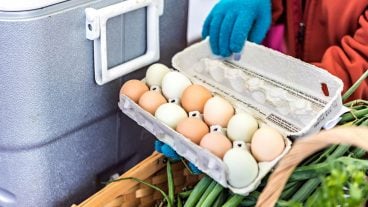
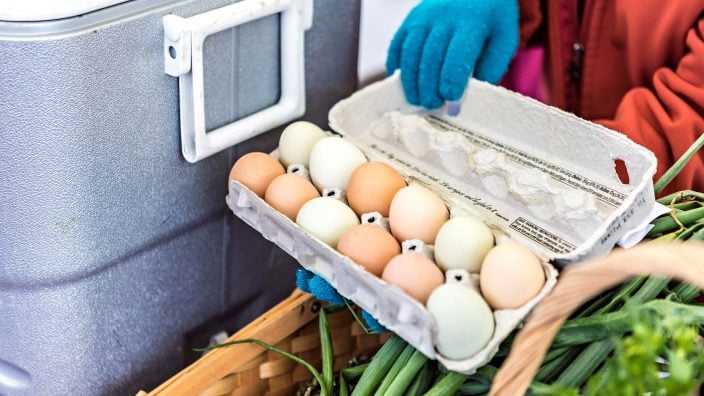
A new low risk license should bring consistency across Ohio in regard to nonmechanical refrigeration.
Read More

Emily Buchanan and Sam Ginn have restored a Clinton County restaurant it to its original restaurant roots, but also added a general store element to showcase local producers and their products.
Read More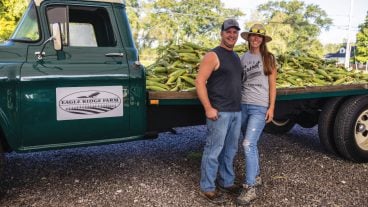
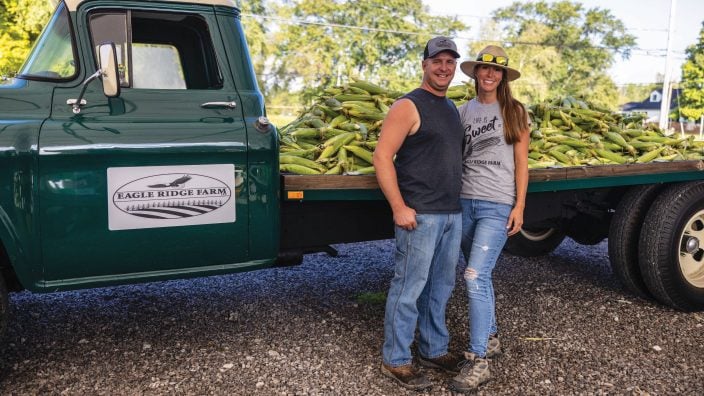
An impeccable crew, a sweet corn hotline, corn dog Maizey and meeting customers at the farm add up to success at Eagle Ridge Farm.
Read More

The Small-Scale Food Business Guide covers federal and state regulations for selling food products such as raw meat, dairy, eggs, baked goods, cottage foods, fruits and vegetables, honey and more.
Read More

Krysti Morrow is finding success promoting Rocky Knob Farm through regular emails, lively blogs on the farm website and forays onto Facebook and Instagram.
Read More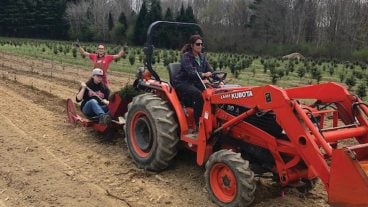
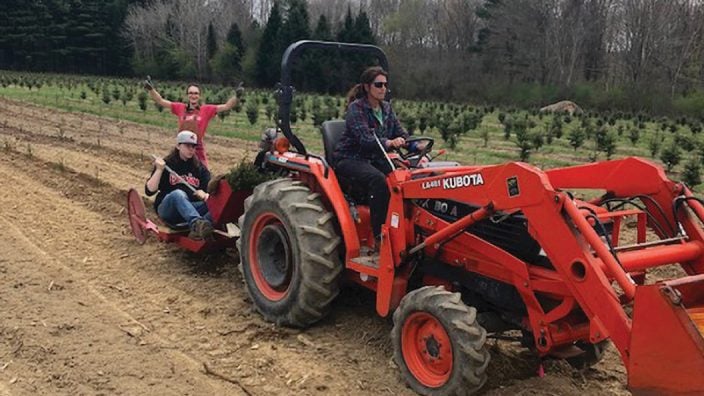
Social media has turned direct marketing upside down. Still, no matter what you are producing, it all begins and ends with having a good product to market.
Read More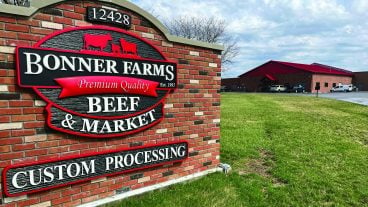
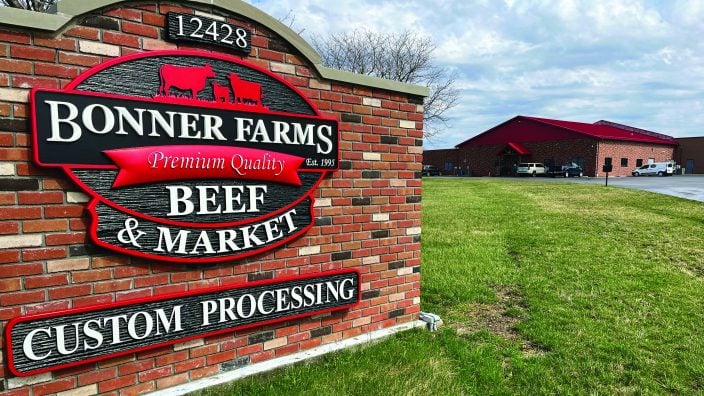
To fill consumer demand, Richard and Rae Lynn Bonner have expanded their family farm by opening a meat shop and building a processing facility.
Read More
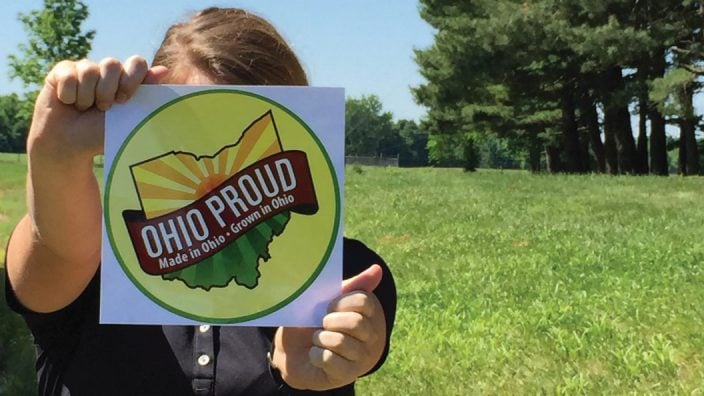
Created in 1993, Ohio Proud is the Ohio Department of Agriculture’s marketing program that identifies and promotes food and agriculture made in Ohio and grown in Ohio.
Read More
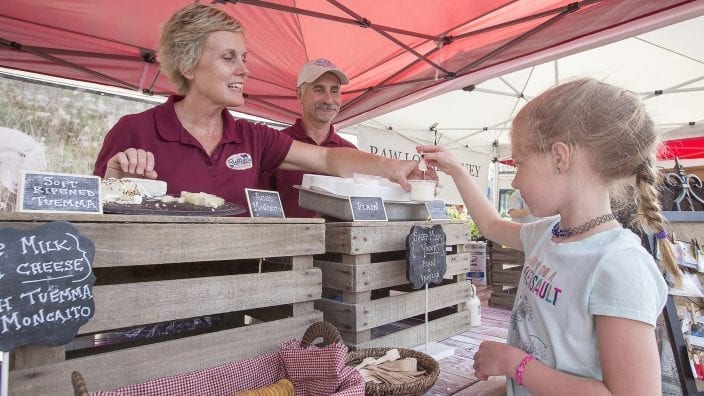
New resources and technology are broadening the different types of sales tools and strategies available to farmers.
Read More